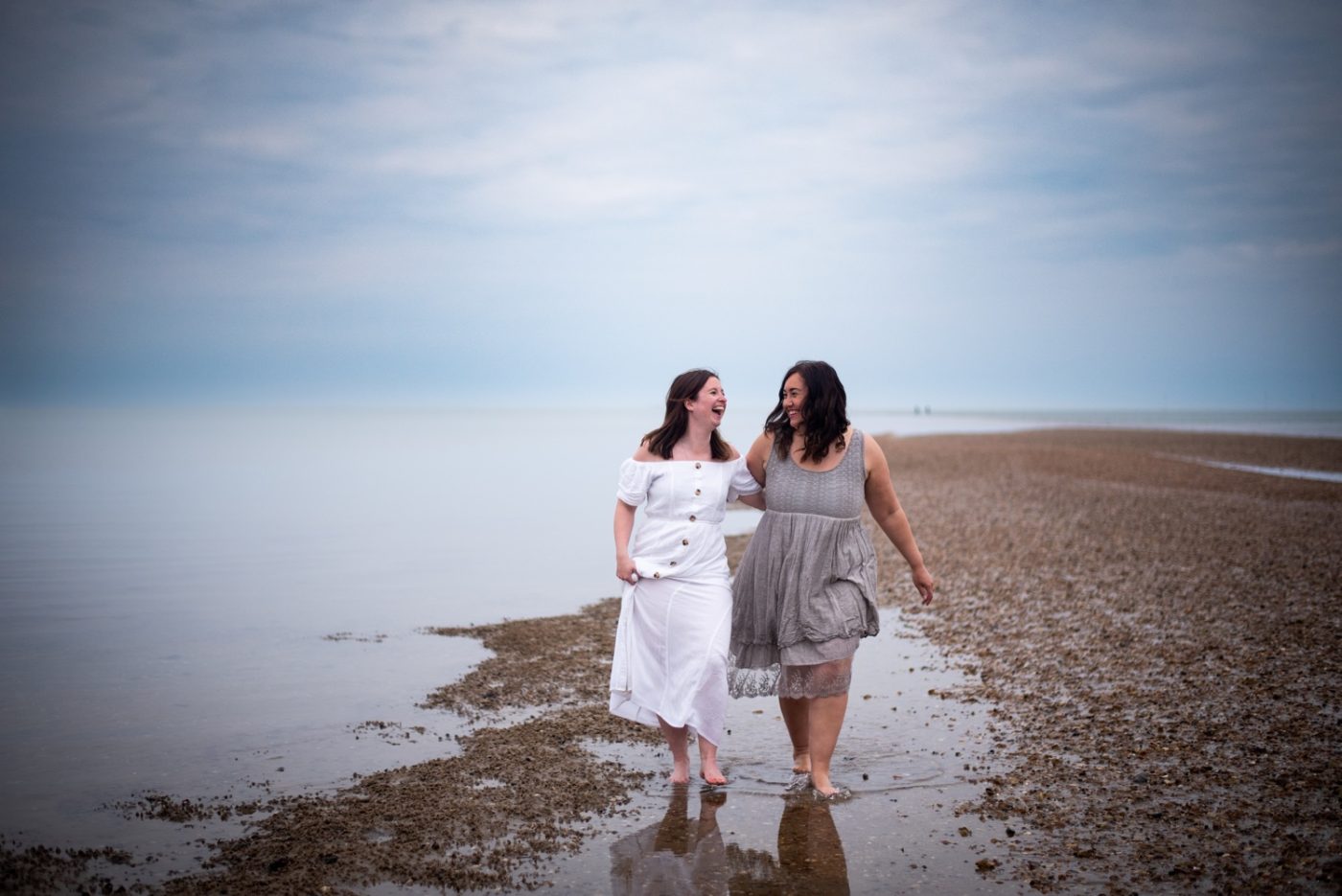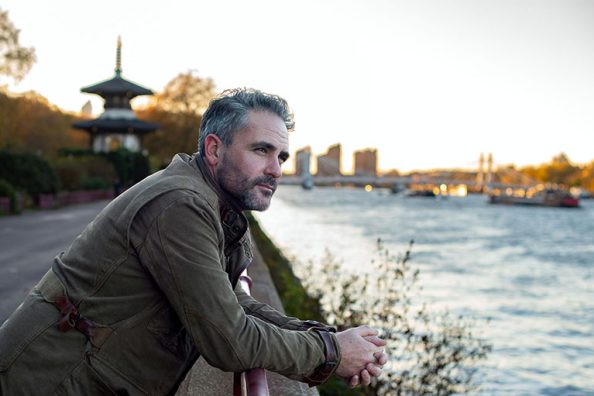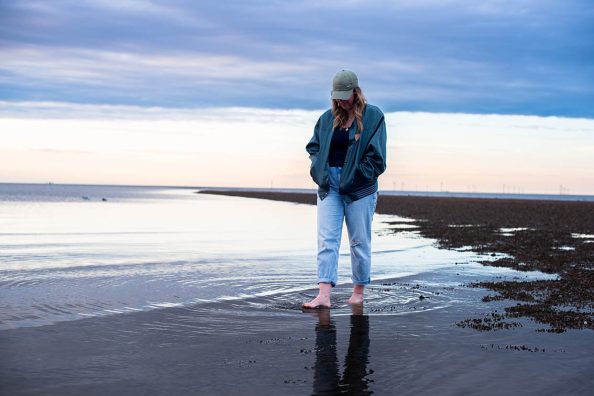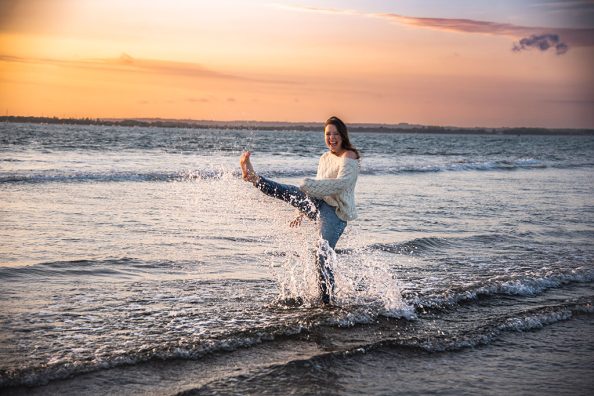Mothers Natasha Sones and Emmie Scott tell me about the wild swimming community they’ve put their heart into and how it breathed new life into them. This is a heartening tale of friendship which leads into a powerful testimony of how the cold sea can relieve ailments such as sciatica and help to cope with Asperger’s Syndrome and other behavioural disorders.
“As an adult, it can be hard to make friends. Sea swimming has made it so easy. The water has enabled us to forge and deepen female friendships. The connection that unites us is so powerful.”
I detected it straightaway…
It was six o’clock in the evening when I met up with Natasha Sones and Emmie in the Marine Hotel which sits on the Tankerton cliffs, overlooking the Thames estuary. The air on the coast was utterly still, the sky an overcast pebbly grey. It was as though the weather had stopped. Taken time off. The absence of the elements felt somewhat surreal. I was slightly disappointed to see we weren’t going to get a spectacular sunset but I was excited to get Natasha and Emmie into a sea which shone like a mirror.
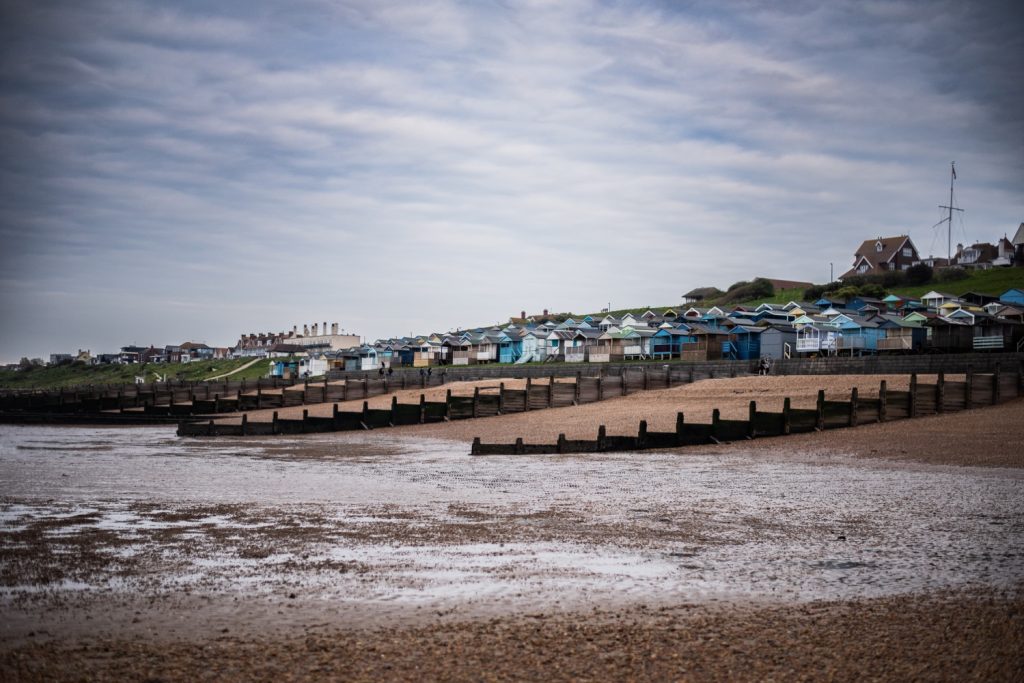
The girls were sharing a pot of tea in the quiet lounge of the hotel when I blustered in with my camera around my neck. They’d driven from Suffolk, using their sunset appointment with me as an excuse for a joyous girlie road-trip. I pulled up a chair and launched my customary boundless invitation of, “So, tell me about yourselves!” They exchanged looks, smiled and that’s when I saw it. A genuine and honest bond created from a mutual and unique experience. A deep understanding of the shape of each other’s souls. A secret they wanted to shout about.
As they talked, I enjoyed the way their voices supported and complimented one other. It was obvious to me that they’d dramatically enhanced each other’s lives and I related to this. Over the last year, as I strived to settle in Kent and come to terms with some mental health hang-ups, I have scoured the shore for adventurous women to support me. They didn’t know they were doing so but truth is, I couldn’t have made progress without them. I therefore felt very connected to Natasha and Emmie’s tale because I have lived it, not just the part about finding a like-minded tribe but the way they have used the sea to assert their identity after having children and wash away physical and mental ailments. It soon became a three-way conversation. I found myself finishing their sentences for them, filling in any pauses or hesitations. I understood everything they said.
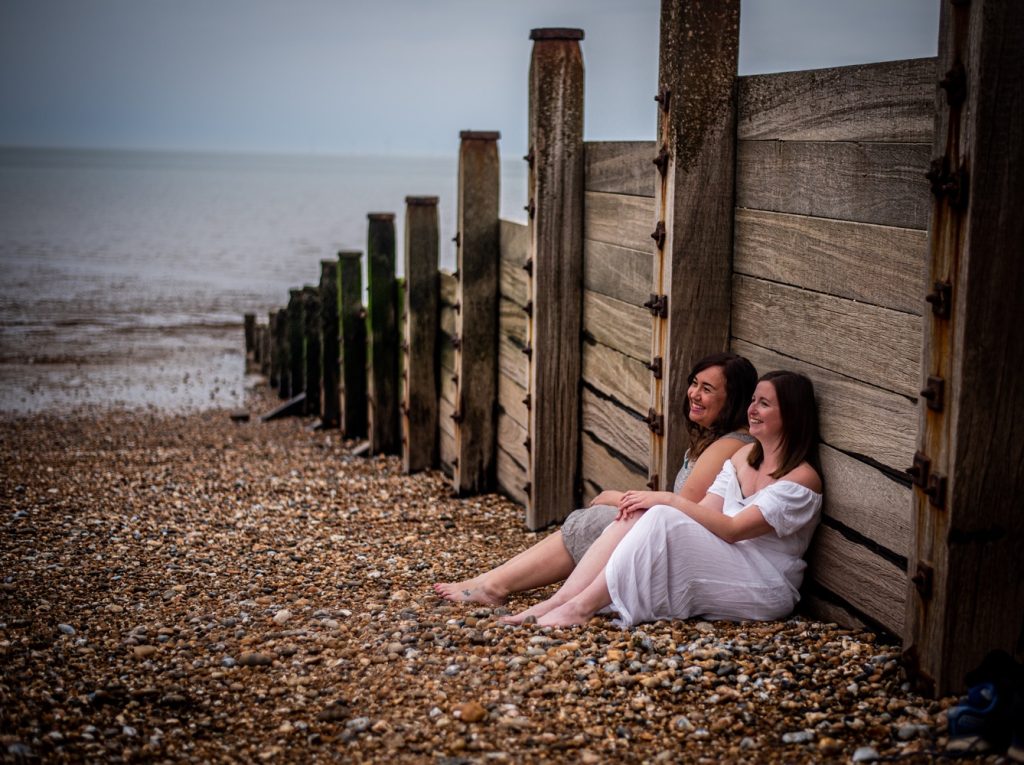
Brought together by their love for sea swimming, this pair are at the helm of the Bluetits swimming group in Shingle Street, Suffolk, a remote stretch of coastline to the north of Felixstowe. At high tide, a natural lagoon forms in the shingle, creating an inviting and magical pool. Natasha and Emmie’s infectious enthusiasm for this location and the experience of submerging oneself in wild water has drawn other curious individuals into the ocean. A vital community has established itself and grown, now consisting of over 650 members.
“We’ve hypnotised our villages!” Natasha laughed. “It’s amazing to know we’ve inspired so many people but we really didn’t need to do much. We just needed to be there.”
“Shingle Street is a healing place,” Emmie added. “People come to scream their anger or release their grief. It’s a place where you can give your inner child permission to come out. It doesn’t matter what physical or mental ailment you have, if you get in the water, you’ll be OK. The sea cradles you.”
The Shingle Street Bluetits have swum together on the occasions such as the longest day of the year, Summer Solstice, full moons, Suffolk Day and New Year’s Day where they adorn fancy dress. They’ve even had a go at synchronised swimming, an activity which was “a real giggle at five in the morning.”
“I love that every time I go for a swim it will be in different conditions and with lots of different people,” Natasha said. “I have made some amazing friendships from people I probably wouldn’t have met in any other way. The camaraderie we have in the water is just lovely and has brought me so much joy.”
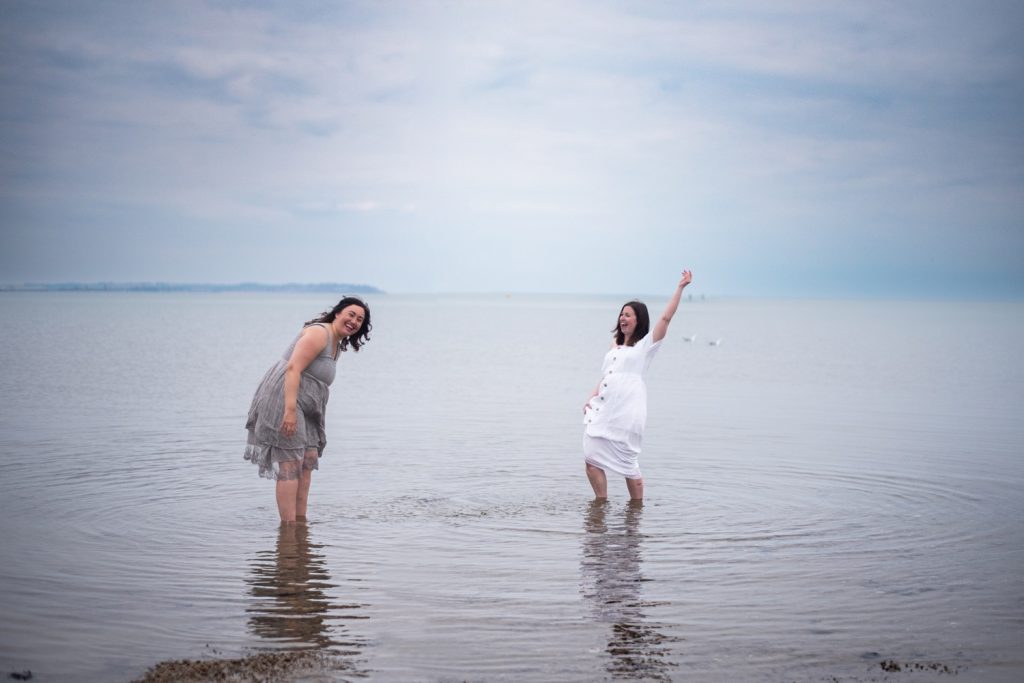
Photographing Natasha and Emmie wasn’t a task but a treat. As with all shoots in the project, it was light-hearted and liberating. It gave me a chance to further observe the dynamic between them. I encouraged them to tell little jokes to trigger natural smiles and that wasn’t difficult for them to do. I guess they had no shortage of funny anecdotes from their friendship to relive. I sensed how they also brought comfort to each other during the unavoidably unnatural experience of having a clicking camera pointed at them. All three of us enjoyed the ethereal sea. Calm as glass, with reflections bouncing off its mirror-like surface. A blank canvas of tranquility.
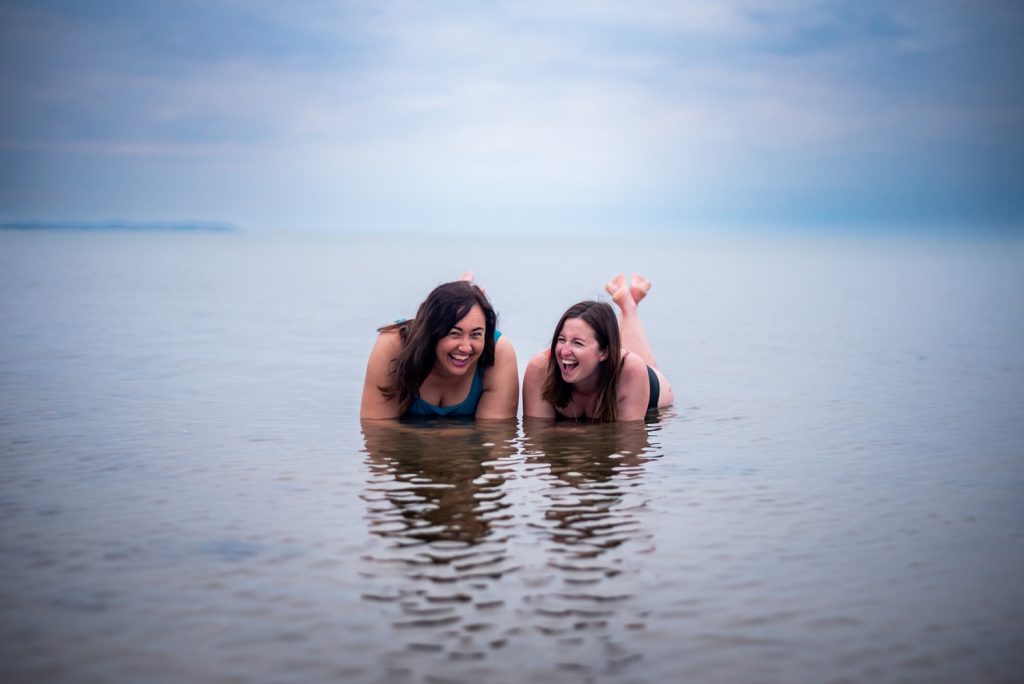
For me, it was amazing to see two mothers joined in a friendship they didn’t form as a result of their children. They weren’t brought together by a toddler group or in the school playground. This was a friendship which had evolved from them asserting their own identity and that really inspired me. Regaining your identity after having children is a prominent theme within The Outdoor Studio. It is a theme close to my heart, something which I will continue to encourage, endorse and explore myself.
So, yes, Natasha and Emmie’s story is an uplifting account of true friendship and that was the reason why I welcomed their inclination to join the #makingwavesproject. However, it also a tale of two individual women and by the end of the shoot, I understood who they both were.
Here goes…
Natasha
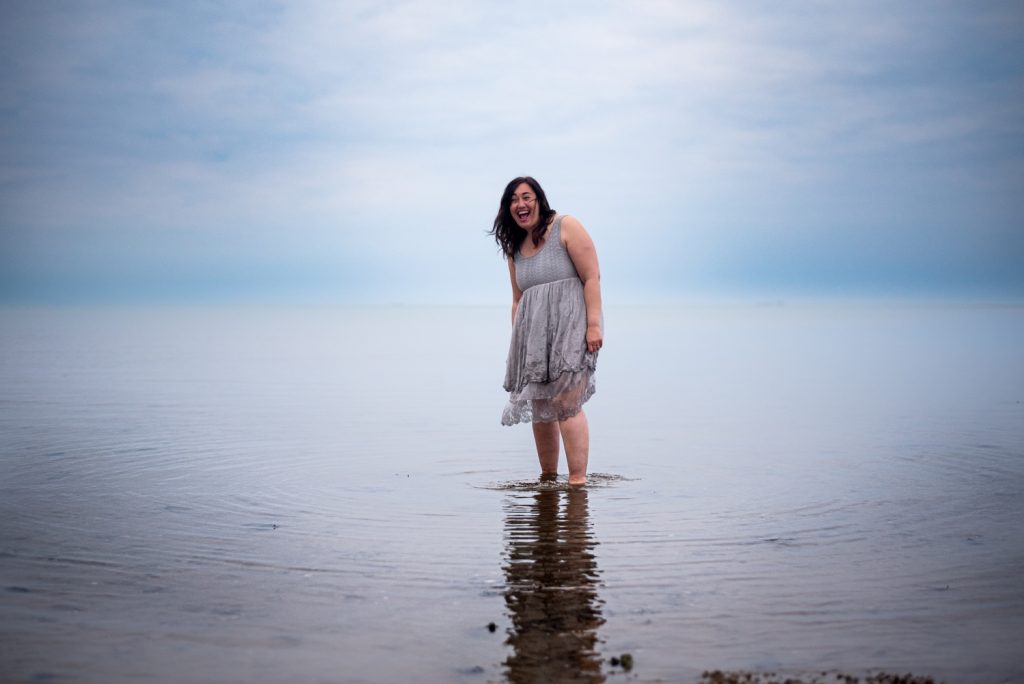
“Sciatica took so much away from me,” she explained. “Whilst I’ve never been very sporty, I had really pushed myself with my running and completed some challenges I was really proud of like the Great East Run and Miles for Mind.”
“Wow,” I’d marvelled. An avid runner myself, I was suitably impressed by Natasha’s distances, drive and determination.
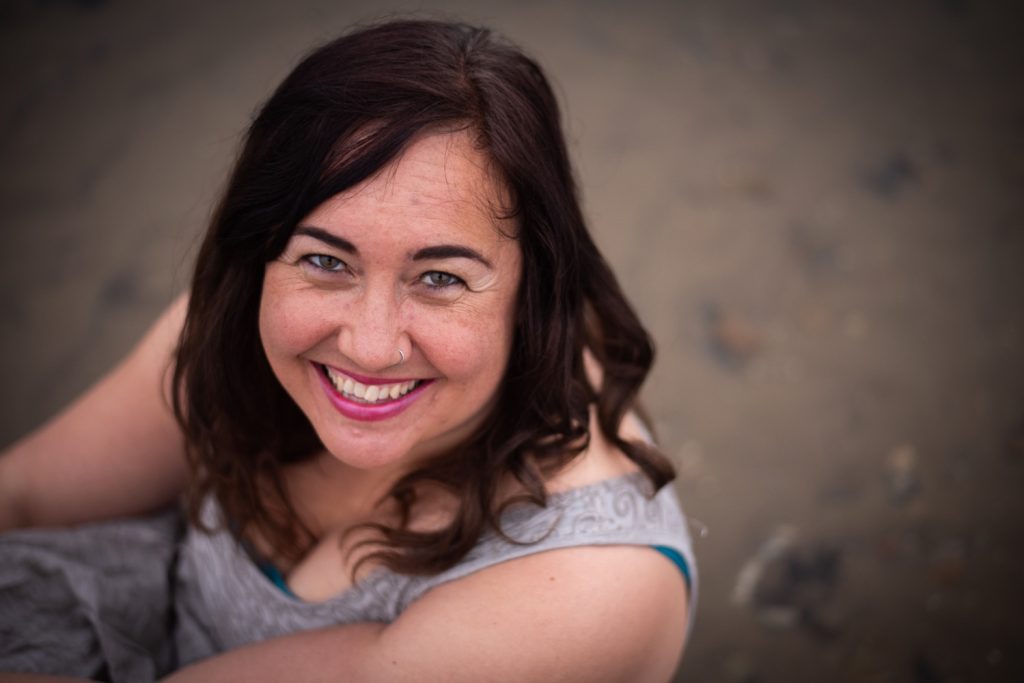
“I’d also taken up stand-up paddle boarding during lockdown which I really loved. Sciatica, however, led to my right leg and foot becoming numb. I couldn’t do any of these things which kept me physically and mentally fit. I got into quite a low place.”
“I can imagine,” I said, aware of how much exercise aids my mental health, how quickly my mind can sink if I’m not moving my body.
“Sea swimming, however, worked wonders,” she said, her eyes brightening. “The cold water really helped the inflammation.”
I marvelled at this revelation because, although I’m aware that cold water swimming alleviates aches and pains, I tend to pursue it for my mental wellbeing. I feel like an island when I’m in the sea, an untouchable place. Being submerged in the sea quietens the niggles in my mind because I can’t think of anything but the exhilarating cold, the rhythmical movement, the whipping wind, the glaring sun and the vast sky. There is no room left to worry or ponder. My weaknesses dissolve and I become somebody so very strong. Everything becomes manageable. Initially, for Natasha, her icy plunges were her solution to natural pain relief. The sea was medicinal, in the same way a cold ice pack is the first port of call to reduce swelling.
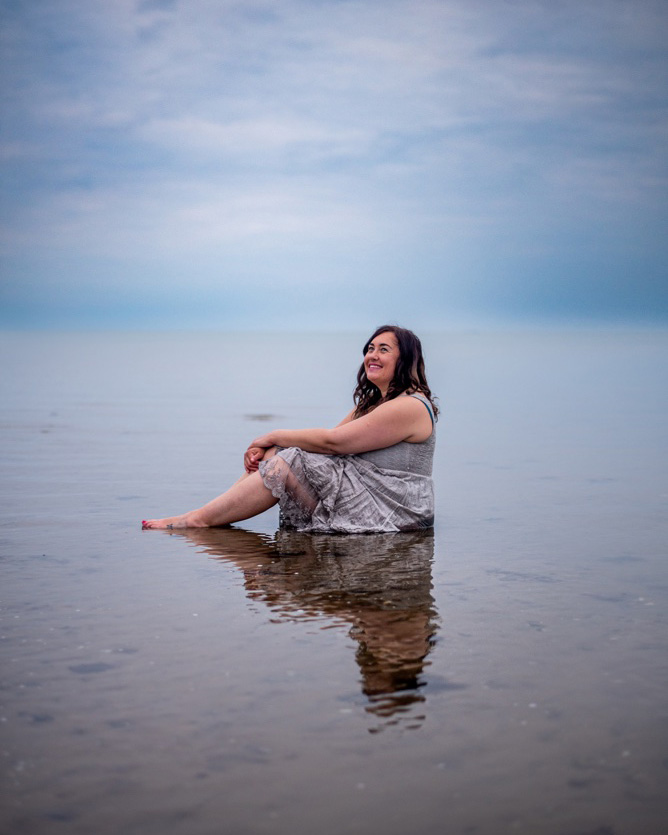
“It did start off as physical therapy,” Natasha smiled, “but it has undoubtedly become mental therapy too. Working and looking after three children and three dogs means I don’t get much time to myself. Sea swimming gives me that time to escape and be me. I can even have it before the house has woken up, before the children have gotten out of bed. It’s the best thing I’ve ever done. There is something about being in the water, with other women who have adventurous souls.”
Emmie
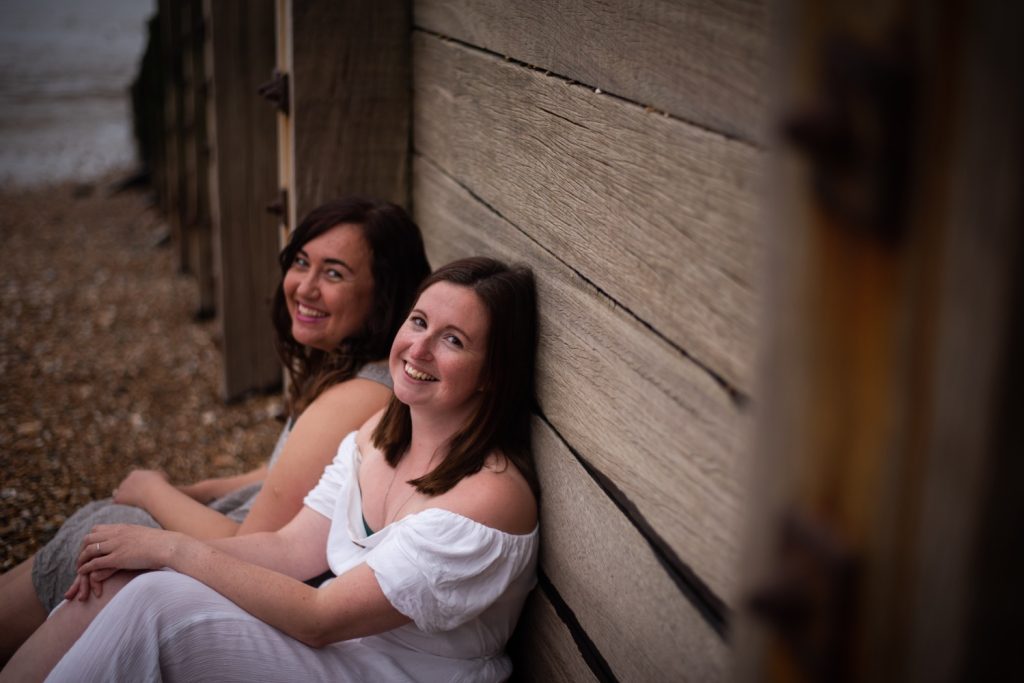
“I barely left the house for years,” Emmie told me.
I nodded, not taking her statement entirely literally for I was sure she’d been to the supermarket to do the weekly food shop, done the routinely school run, perhaps even pushed her youngest child on a swing in the village playground, but because I understood what she meant. Emmie, a mum-of-four, was referring to the way your world shrinks when you have children. If you’re a stay-at-home-mum, or you’re running your own business from home, it’s inevitable. You tread the same paths, day after day, without really questioning it.
Emmie’s tale, however, goes beyond that aspect of isolation. At the age of 16 she was diagnosed with Asperger’s Syndrome, a developmental disorder which makes it difficult for the individual to relate to others socially and cause their behaviour and thinking patterns to be rigid and repetitive. In addition, she was diagnosed with ADHD, a condition which causes the individual to seem restless, have trouble concentrating and prone to acting on impulse.
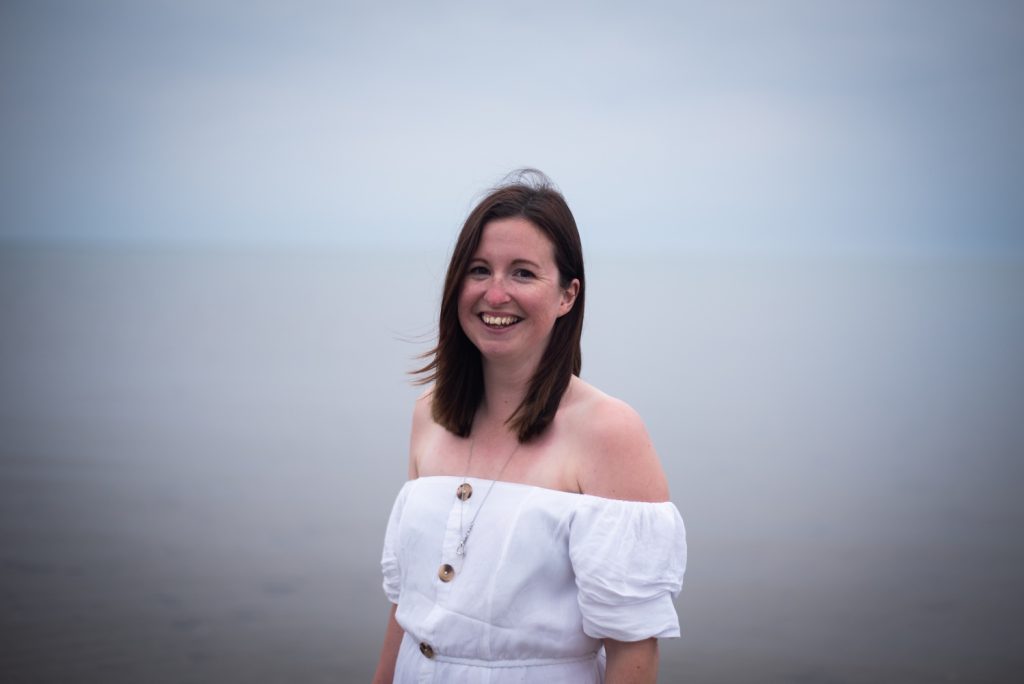
“I used to feel like an outsider everywhere,” she explained. “I couldn’t find things in common with other mummies. I wasn’t able to cope with social situations like sitting in a café together with our babies or meeting at the local pub for a drink. There was no enjoyment in those things for me. Swimming, on the other hand, was an entirely natural activity. Nobody was looking at me or putting me on the spot because they were too busy moving…or in fact, thinking about how they’re going to get their knickers back on. We chat as we’re bobbing around and it’s a very levelling pursuit. It reduces everyone to just being human. It has been life changing for me. The first time I’ve not needed to hide.”
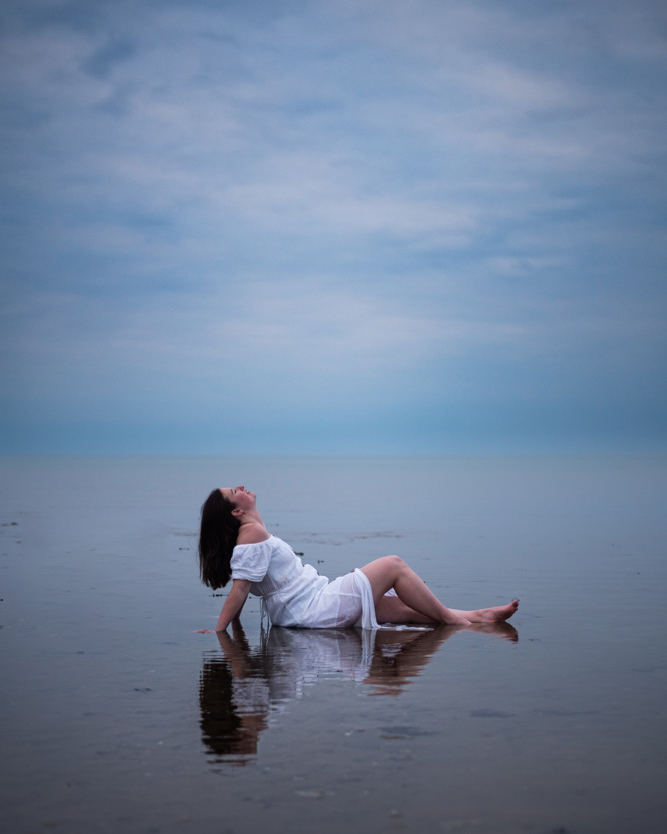
As Emmie’s shared her journey with me, I felt moved. I know very little about Asperger’s and ADHD but I do know how intimidating and uncomfortable those mummy gatherings can be. I’d struggled with them in my own way and, as Emmie explained how she felt, I began to wonder just how many women feel like that. I also questioned whether the bipolar disorder I only got diagnosed with nine months ago could have in fact exacerbated the difficulty of those situations for me during the Baby Years. Who knows? What I did know is that I wanted to hug Emmie. I wanted to sympathise with all those times she felt out of place and I wanted to applaud her for finally finding a zone where she could be at ease. Be herself.
“My husband jokes that he barely sees me,” she beamed. “Look how far I’ve come.”
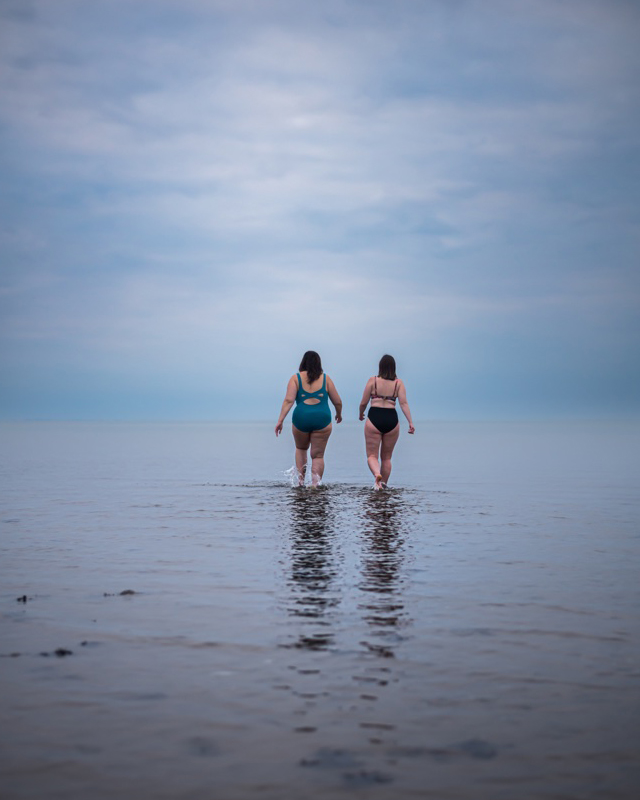
If you enjoyed reading this, here are some other tales from the ‘Making Waves’ series which you may also like:
How adventure keeps me sane, with campervan lover Nicky Chisholm: “You don’t need to go to Kilimanjaro. You just need a pair of trainers and the desire.”
Supporting mothers and empowering children with artist Katie Manning: “That was the moment that I realised I had to draw cleft-affected people…”
Creating lifelines for vulnerable mothers with maternity & baby guru Charlotte Burkette: “I will never forget when the doctor told me that they thought there was something wrong with my baby…”
Regaining your identity after having a baby with yoga teacher and paddleboarder India Pearson – “It’s not healthy to be absorbed by one thing.”
Talking adventure with photographer, Girl In A Yellow Jacket: “I came to England because I was looking for adventure. I had £50 in my pocket. No job. I didn’t know anybody at all. It was a crazy thing to do on my own.”
